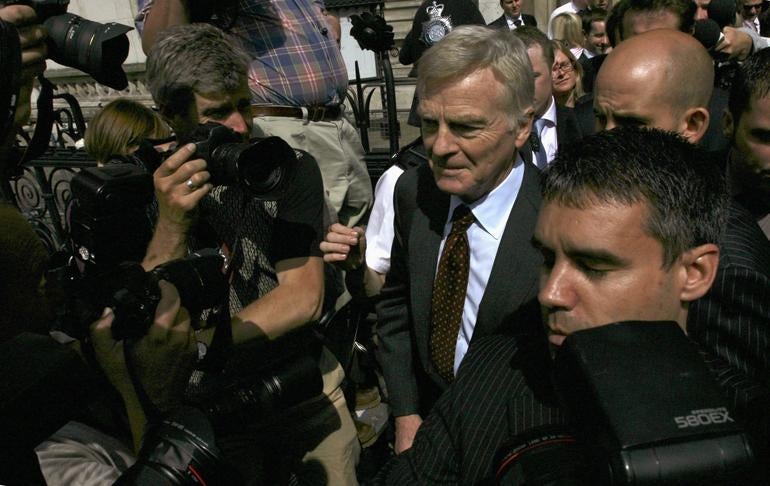
Justice minister Lord McNally has revealed plans from the Coalition Government to introduce the UK’s first explicit privacy law.
The Liberal Democrat peer told the Daily Telegraph: “There has been a general consensus that a new piece of legislation that clarifies, consolidates and removes some of the more dangerous aspects of the way case law has grown up is something that is desirable.”
The Coalition has already outlined plans to reform the law of libel with a draft Defamation Bill which will be introduced in March next year.
It is expected that bill will deal with aspects of current libel laws which are seen to restrict freedom of expression – particularly in scientific debate and investigative journalism.
Journalists have complained that interpretation of the right to privacy enshrined in the 1998 Human Rights Act has had the effect of creating a judge-made privacy law in the UK.
Numerous celebrities have been able to use this to take out injunctions preventing revelations about their private lives – most recently golfer Colin Montgomerie and an un-named Premier League footballer.
In 2008, Max Mosley won £60,000 in damages from the News of the World after successfully arguing that it had infringed his privacy with revelations about his unusual extra-marital sexual activities.
In a speech to the Society of Editors in November 2008, Daily Mail editor Paul Dacre said: “The British press is having a privacy law imposed on it, which is, I would argue, undermining the ability of mass circulation newspapers to sell newspapers in an ever more difficult market.
“The law is not coming from Parliament – no, that would smack of democracy – but from the arrogant and amoral judgements, words I use very deliberately, of one man.
“I am referring, of course, to Justice David Eady who has, again and again, under the privacy clause of the Human Rights Act, found against newspapers and their age-old freedom to expose the moral shortcomings of those in high places.”
McNally told the Telegraph: “There was a danger that we were getting towards having privacy law by judicial decision. If we are going to have a privacy law it should be openly debated and freely decided by Parliament.”
McNally said that the wide-ranging “super-injunctions”, which were being used to protect privacy, were “something that has caused concern and is something that will be dealt with”.
According to the Telegraph, the new privacy law provisions could be included in the planned Defamation Bill.
Hearings are set to take place next year with a bill expected in the Queen’s Speech next autumn and a possible new law in place by 2012, the Telegraph reports.
Email pged@pressgazette.co.uk to point out mistakes, provide story tips or send in a letter for publication on our "Letters Page" blog
